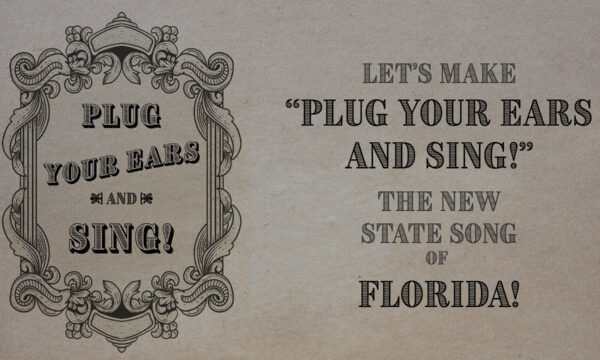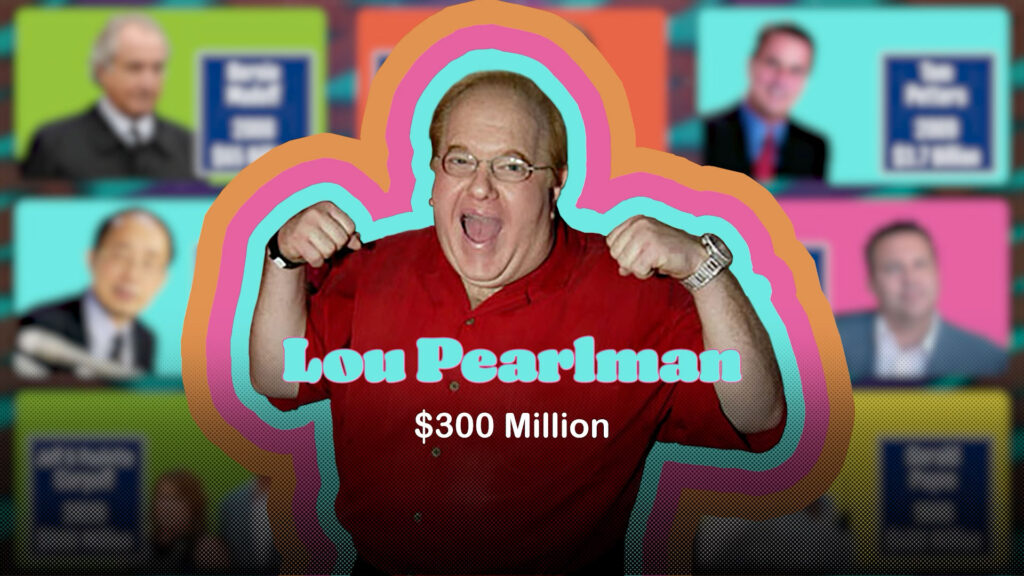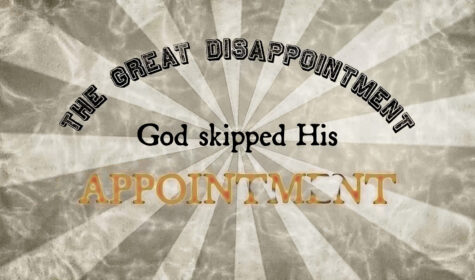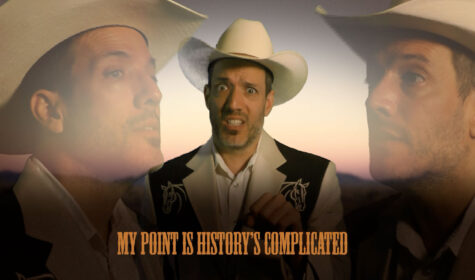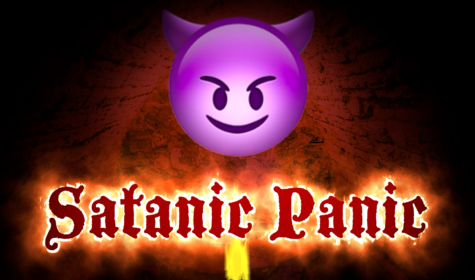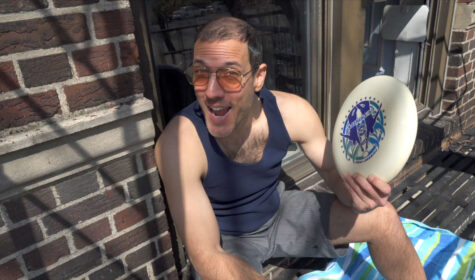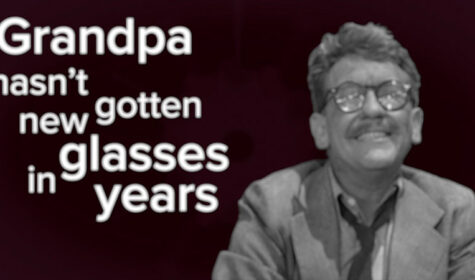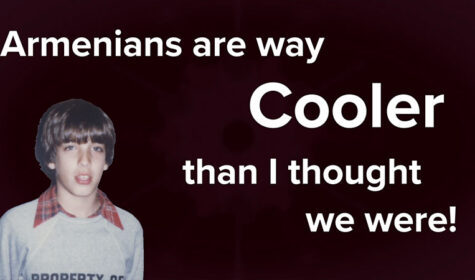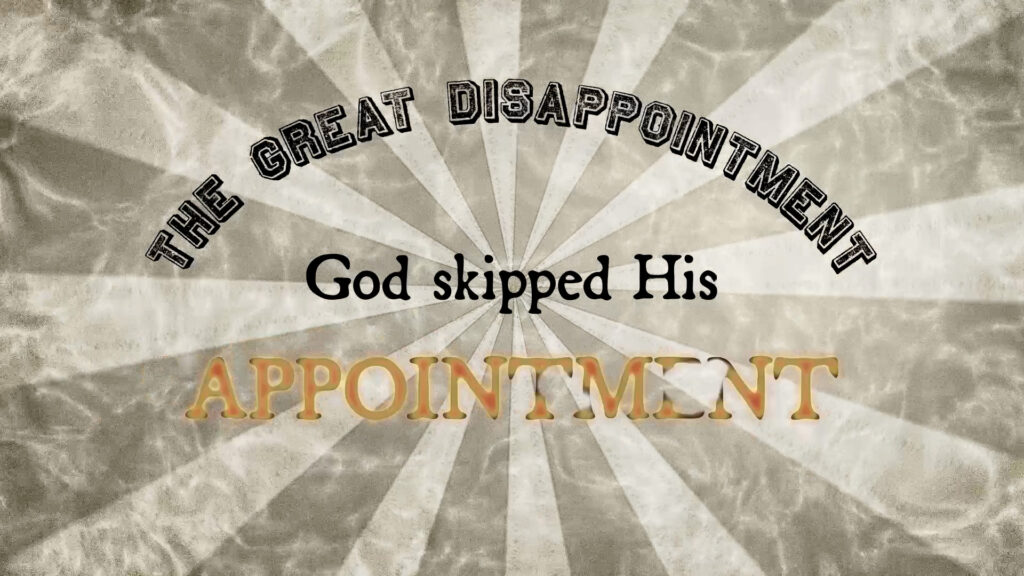Christmas Song Instrumentals (Chord Solos)!
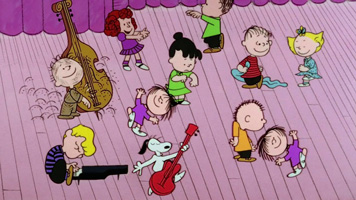 Last winter, while I was mostly skipping holiday stuff and taking care of my mom’s house out of state, I started messing around on my guitar trying to put together an instrumental version of Vince Guaraldi’s “Christmas Time is Here,” that classic mellow jazz piece from A Charlie Brown Christmas. By the time it started sounding good it was mid-January so I’d missed my opportunity to share it during the actual holidays 😜 I set the arrangement aside with a mental note to try to post it in time for the holidays this year.
Last winter, while I was mostly skipping holiday stuff and taking care of my mom’s house out of state, I started messing around on my guitar trying to put together an instrumental version of Vince Guaraldi’s “Christmas Time is Here,” that classic mellow jazz piece from A Charlie Brown Christmas. By the time it started sounding good it was mid-January so I’d missed my opportunity to share it during the actual holidays 😜 I set the arrangement aside with a mental note to try to post it in time for the holidays this year.
And I remembered to do it! In fact, I enjoyed working on the arrangement so much I attempted 2 more holiday songs: Mel Tormé’s classic, made famous by Nat King Cole, Merry Christmas To You (aka The Christmas Song, aka Chestnuts Roasting on an Open Fire), and Have Yourself a Merry Little Christmas, the non-jolly Met Me In St. Louis version of which remains my favorite.
And if you’re a guitar player and want tabs of my arrangements, I made some! You can download pdfs of all 3 songs from my store, and if you wouldn’t mind sending me $2 for the effort it would definitely help make my season bright. They’re intermediate level so if you’ve got a little guitar experience and are comfortable reading tabs you should have no problem with them. Heck, you can probably embellish them a little and make them your own! And if you do let me know, I’d love to see what you do with them.
I hope you have a lovely holiday season and if you have a youtube playlist of holiday songs, I think these would fit right in.
And for you gearheads, I’m playing a Gretsch G5622 into Apple Mainstage using the Boutique British Combo amp and the Boutique British 2×12 cabinet miced with a Dynamic 57. There’s a little room reverb using the Space Designer reverb plugin “Diffuse Hall” setting. My audio interface is a MOTU M4 🤓




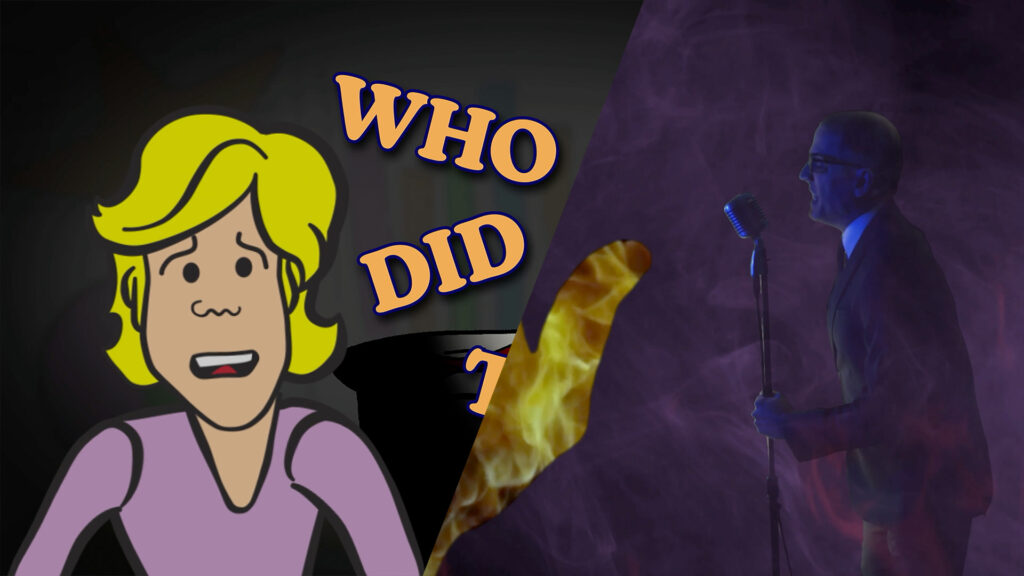
 You can’t make fun of American culture without making fun of the way we put commerce above everything. “The business of America is business!” said one of our presidents
You can’t make fun of American culture without making fun of the way we put commerce above everything. “The business of America is business!” said one of our presidents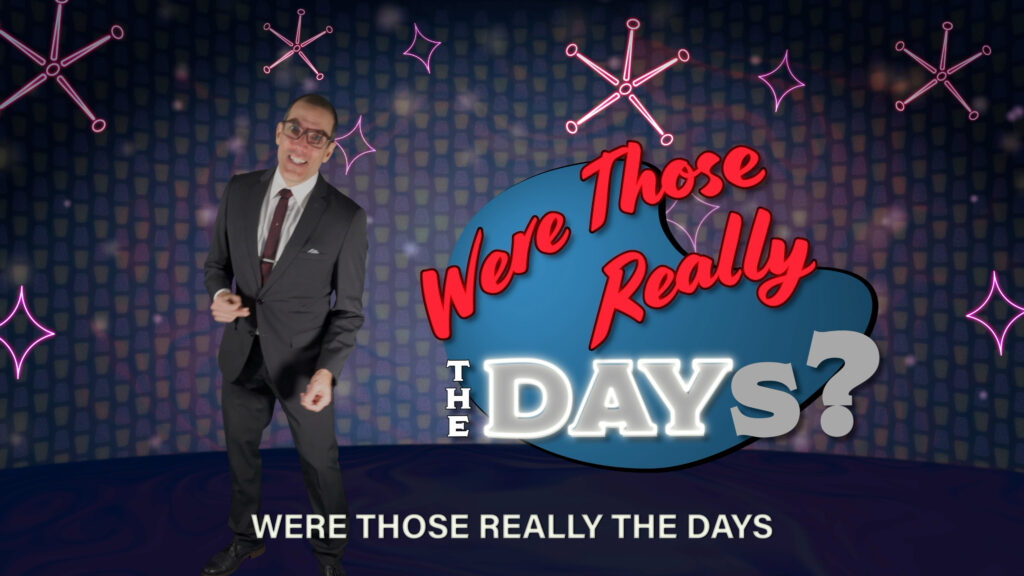
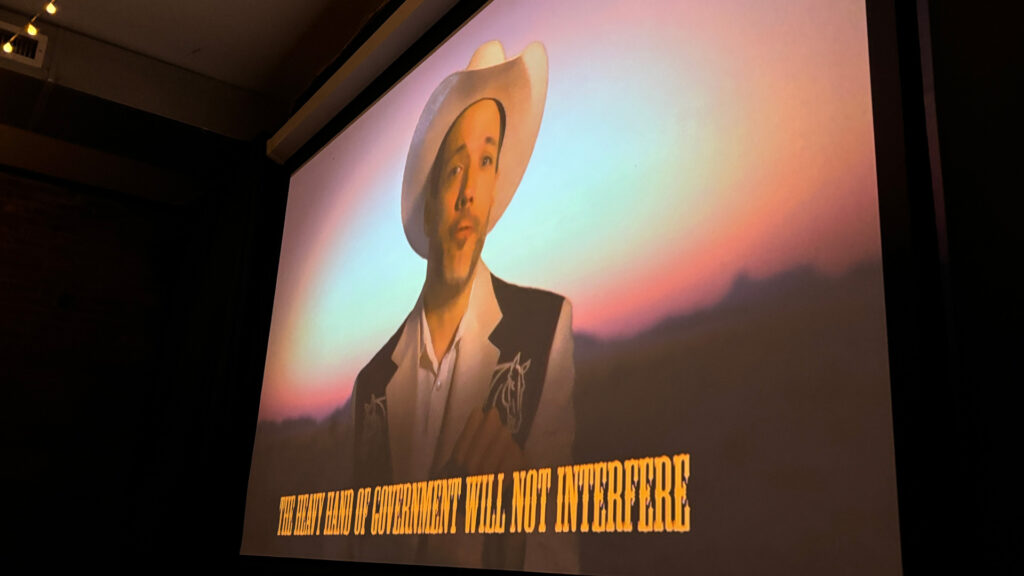



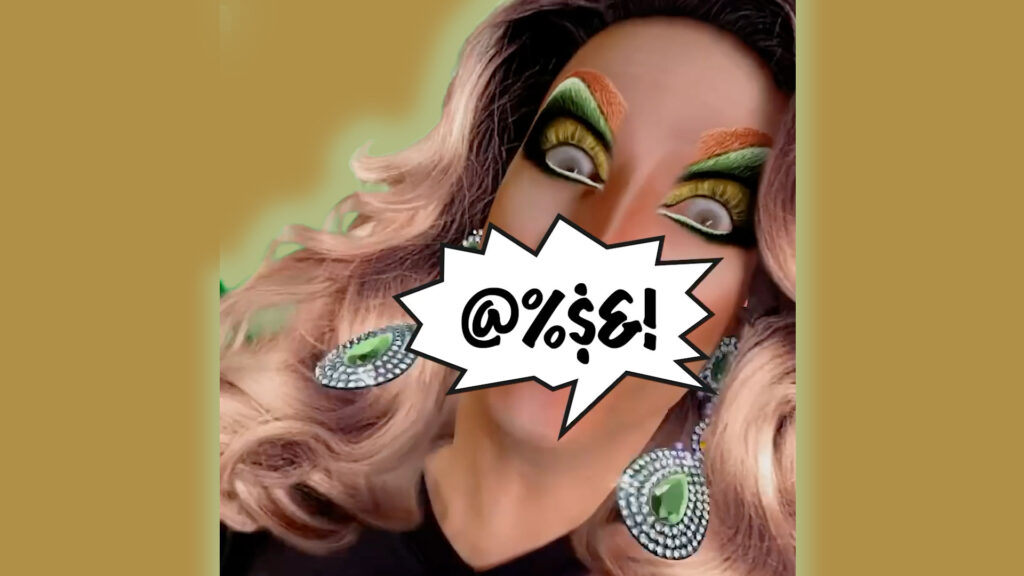


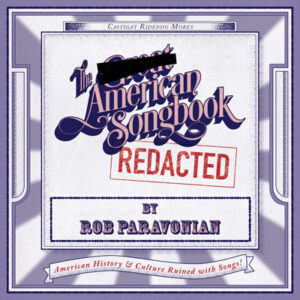

 Did you know the state song of Florida, “
Did you know the state song of Florida, “